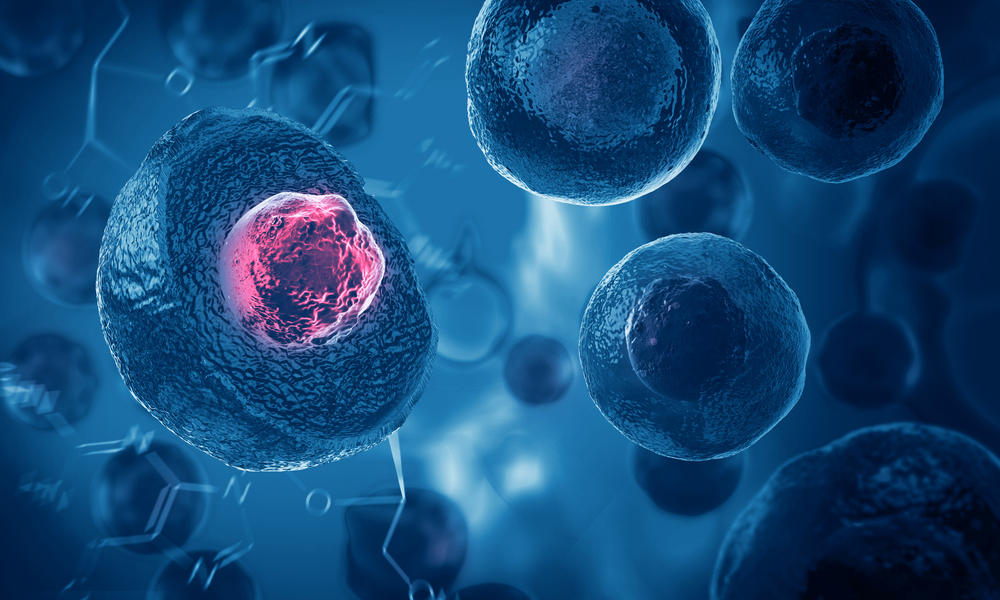
Stem Cell Research
Stem cells can one day be used to treat multiple sclerosis, but research on the subject is still in its early stages
Last updated: November 5, 2020
What are stem cells?
Most cells in the body can perform very specific functions and are called special cells. Stem cells are different because they have two unique characteristics; The ability to make many copies of themselves (self-renewal), and to create special cells (differentiation).
Stem cell therapy is any treatment that uses or directs stem cells. It is usually to help replace or repair damaged cells or tissues, but can also be used to prevent damage in the first place.
The researchers believe that stem cells can be used, one day, to treat multiple sclerosis, but research on stem cells is still in the very early stages and there are currently no approved treatments for multiple sclerosis.
International consensus
In May 2010, an international consensus was published on the future of stem cell transplant research for people with multiple sclerosis, paving the way for more coordinated global research efforts, and perhaps, for better and faster access for patients to clinical trials in stem cells.
New guidelines, written by international multiple sclerosis researchers and multiple sclerosis companies around the world, are raising hopes for the future of multiple sclerosis research and raising myths about stem cell clinics claiming to cure multiple sclerosis.
The guidelines are the result of a meeting held in London in May 2009 organized by the Multiple Sclerosis Organizations in the UK and US, and supported by the International Federation of MS and Multiple Sclerosis Organizations in Italy, France and Australia.
Stem cell stem cell research
Autologous Hematological Stem Cell Transplantation (AHSCT)
Hematopoietic stem cells (HSCs) are a type of mature stem cell produced in the bone marrow, capable of producing the various cells present in the blood. Although performed so far by only a small number of people, AHSCT has shown some success, especially in aggressive forms of multiple sclerosis. Read more here.
Mesenchymal stem cell transplantation
Mesenchymal stem cells (MSCs) are found in many parts of the body and are usually taken from the bone marrow, skin and adipose tissue. They can produce many different types of cells, including muscle and cartilage, and there is evidence to suggest that they may help promote remilination. And have a positive effect on the immune system.
A number of pilot or small-scale studies have examined the safety of isolating, growing, and re-injecting one’s own MSC. These studies highlighted a number of mild side effects, and revealed promising early results. One such study is a MESEMS study , supported in part by MSIF.
